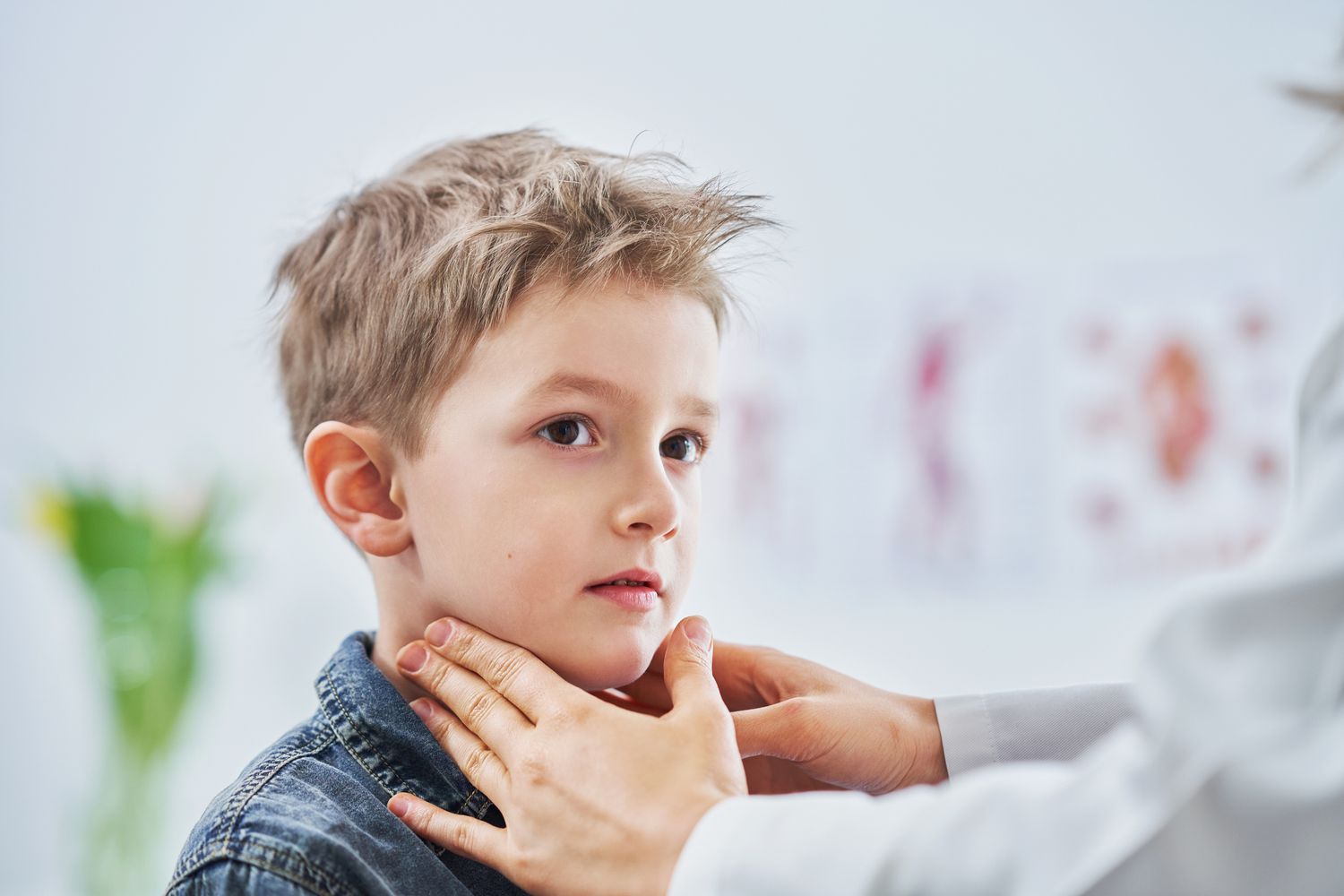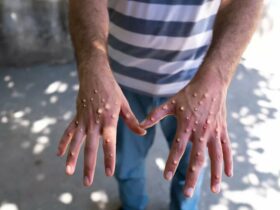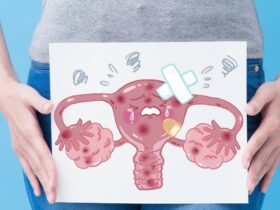United States: The New Jersey Department of Health is currently probing a suspected cluster of mumps instances in Hunterdon County involving eight family members with international travel history, as detailed in a recent press release.
No further details were disclosed due to privacy considerations, as outlined in the release.
The US Centers for Disease Control and Prevention (CDC) has documented a minimum of 50 mumps cases spanning over 20 states in the current year, according to reports by Fox News.
Health authorities emphasize that immunization stands as the most efficacious shield.
“To ensure the safety of yourself and your cherished ones, securing the MMR vaccination is paramount,” affirmed Dr Kaitlan Baston, the interim health commissioner, according to the release.
COMMUNICABLE DISEASES ERADICATED IN USA ON RISE DUE TO MIGRANTS
— Candace (@roycan79) August 30, 2019
The Centers for Disease Control (CDC) Reports 931 Cases Of Mumps In Migrant Detention Centers, Affecting Detainees And Staff Alike. https://t.co/YIbUPGHDBx
Given the highly contagious nature of these viruses, she added, “If there’s a suspicion of measles, mumps, or rubella, it is imperative to call ahead before visiting any healthcare provider or facility so that they can implement special precautions.”
What is mumps?
Mumps, the virus that causes mouth lumps and which spreads through saliva, is transmitted by direct contact like kissing with or sharing bottles containing saliva of an affected individual. This spread may either be done indirectly through the respiratory droplets released during talking, coughing, or sneezing or by the airborne route, according to the CDC.
Outbreaks commonly transpire in environments characterized by frequent close proximity, such as college campuses or substantial gatherings.
“Mumps typically triggers the enlargement of salivary glands in the head and neck—primarily the parotid glands, the largest salivary glands situated just in front of the ears,” elucidated Dr Mike Smith, head of pediatric infectious diseases at Duke University School of Medicine in Durham, North Carolina, as reported by Fox News Digital.
Symptoms of mumps
The infection can be transmitted days prior to the swelling of parotid glands and up to five days afterward, as indicated by the CDC. While some individuals may remain asymptomatic, those exhibiting symptoms generally begin feeling unwell within 12 to 25 days post-infection.

Typical symptoms encompass fever, headache, muscle soreness, fatigue, and diminished appetite. Most individuals recover autonomously within a fortnight.
In rare instances, particularly among adults, swelling may manifest in other bodily regions.
In males, the most prevalent mumps complication is orchitis—an inflammation and swelling of the testicles—which materializes in approximately a third of unvaccinated men, stated Smith, according to Fox News.
Why is mumps staging a resurgence?
The CDC articulated that reported mumps cases dropped consistently by more than 99% in the US soon after the introduction of the MMR vaccine into the country. However, these outbreaks and incidents have recently seen the light of the day since 2006 among the youth population and adults who are immunized.

On the other hand, you cannot have a stand-alone vaccine that explicitly targets mumps. However, it is encompassed in the MMR vaccine that protects from measles, mumps, and rubella, explained by Smith.
According to the Centers for Disease Control and Prevention, two doses are recommended for infants, with the first dose between the ages of 12 and 15 months and another dose between 4 and 6 years. In the case of non-immunized adults, the given instruction should get at least one MMR vaccine dose.
“I am sorry to caution that the immunization rate for mumps does not reach the optimal level stated,” Dr Aaron Glatt, the chief of infectious diseases at Mount Sinai South Nassau Hospital said to the Long Island, New York based Fox News Digital.
As per the CDC, the vaccination rate for mumps in a minimum of 90 percent of kids is 24 months. Despite the vaccination of two doses with recommendation during childhood, there is still the chance of waning immunity; in order to contain the spread in outbreak areas, Adesanmi clued in.











Leave a Reply